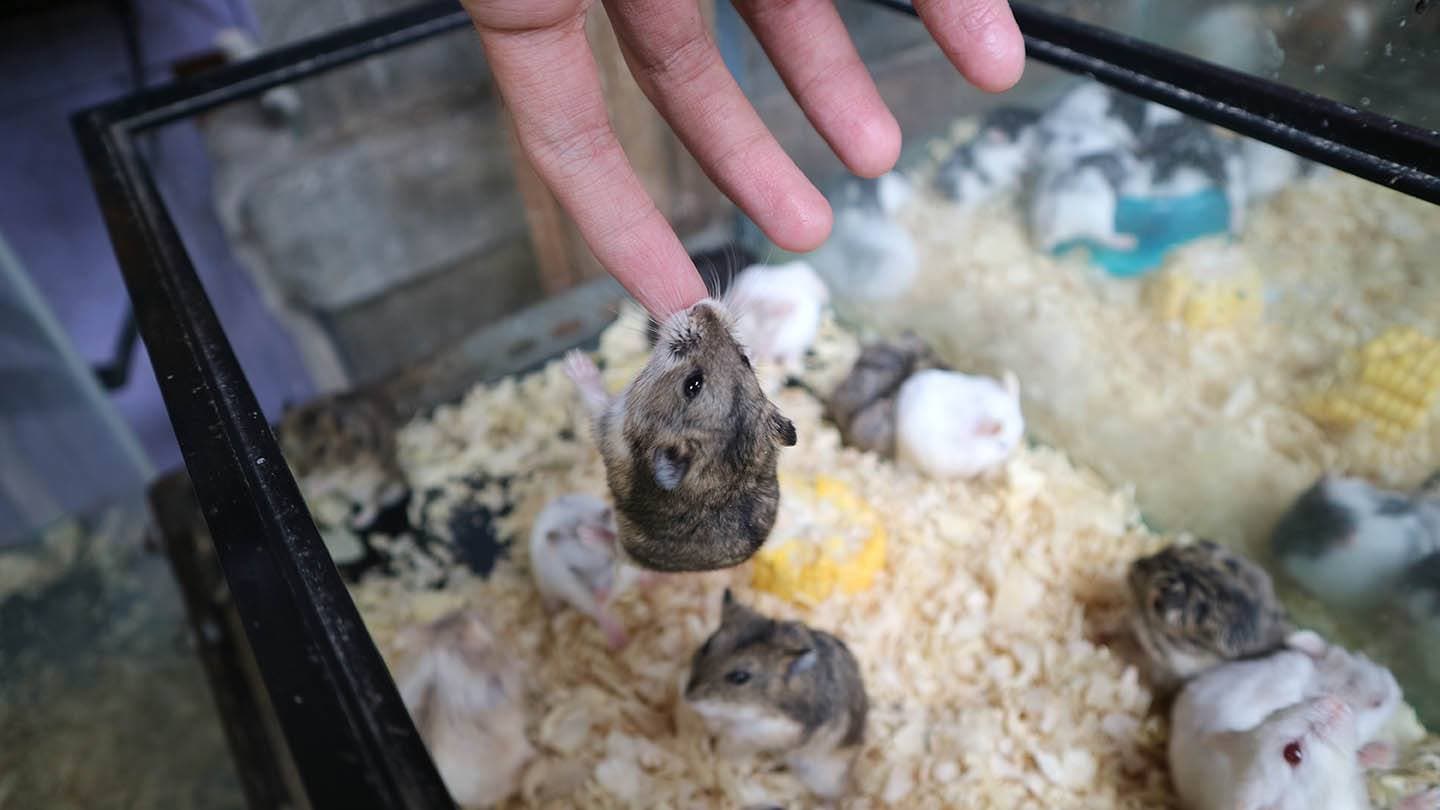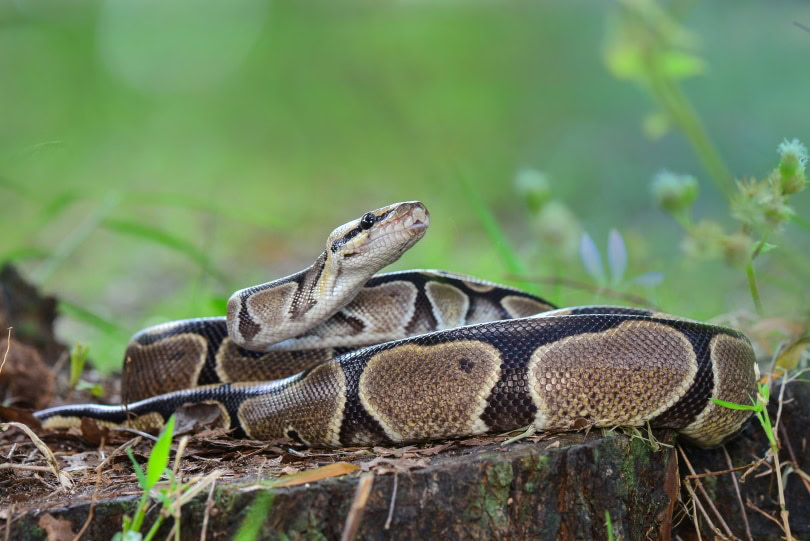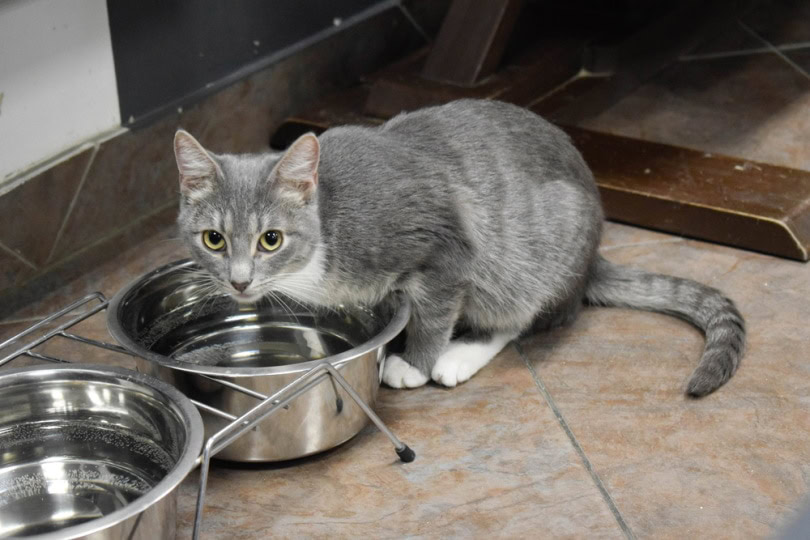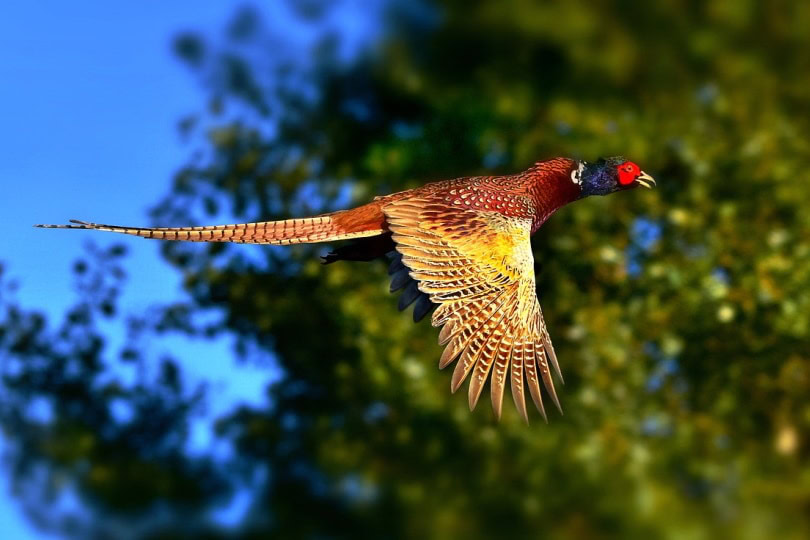VET APPROVED

The information is current and up-to-date in accordance with the latest veterinarian research.
Learn more »Hamsters are so cute and adorable, you just wanna gobble them up! However, there’s a much higher chance of things happening the other way around. Getting bitten by a hamster might not be too physically painful, but the sheer surprise can be enough to make you wince.
Normally, hamsters are cuddly and affectionate. However, if they get triggered by something, they have been known to bite.
Fortunately, this behavior can be prevented with proper handling, gradual desensitization, and appropriate training. Once you understand the different reasons that your pet hamster bites, you can take measures to prevent it from happening again.

The 5 Reasons Hamsters Bite & What to Do About It
Knowing why your hamster is biting is the first step toward preventing them from lashing out again. Hamsters will bite for several different reasons, and each has its own preventative measures. Identifying the root cause of your hamster’s aggression will ultimately bring about a more peaceful and healthy relationship.
1. Your Hamster Is Scared and Irritated
Hamsters are usually nice and love to cuddle. However, when they are scared, they might become aggressive.
You can tell that your hamster is scared by how they react to you when they see you nearby. If you notice them giving you a frightened look, that means you have scared them somehow. They’ll be wary of your motions and may begin searching around for an escape route.
Even if your hamster is normally comfortable with you around, you can still spook or annoy them. Maybe you woke them up from their sleep, and they became frightened. Or perhaps they were having a peaceful time alone, and you suddenly startled them.
These kinds of actions can build up aggression and cause them to lash out.
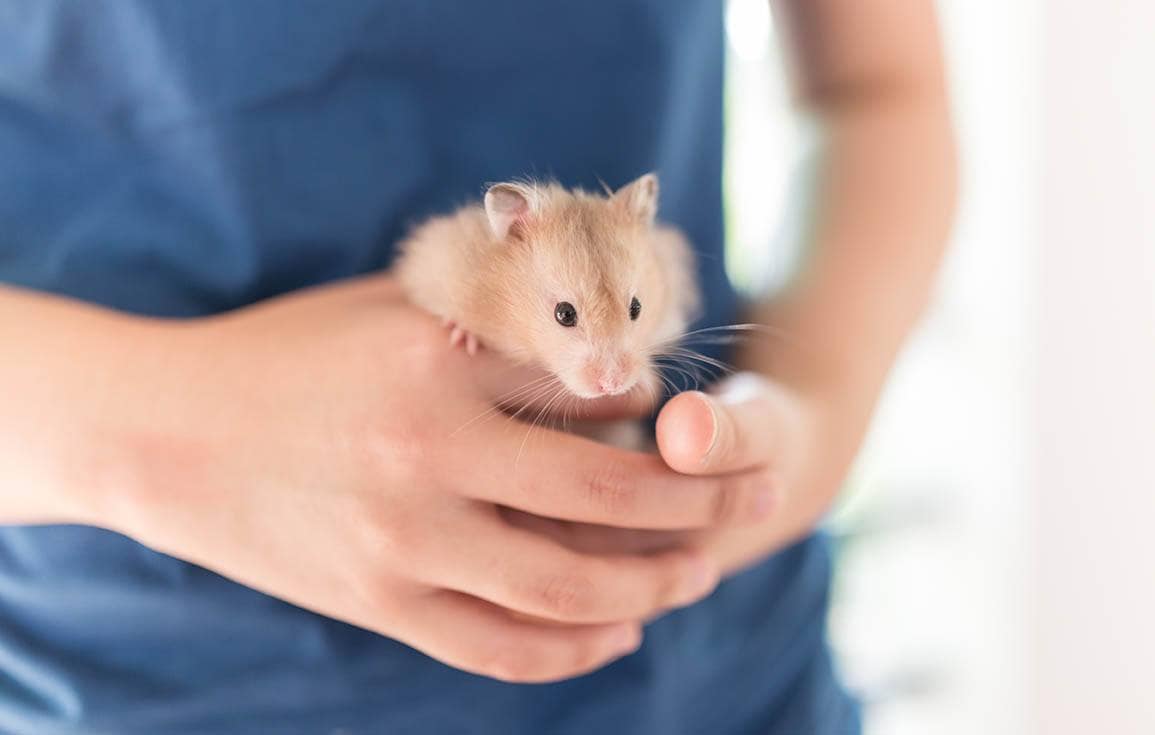
2. Your Hamster Is Smelling Food
A hamster may bite because they think you’re offering a treat. They can have voracious appetites!
If you approach your hamster and they smell food on your fingers, they may think that you have food in your hands meant for them, and this can lead to biting. It doesn’t mean that your hamster is angry; rather, it’s a signal to let you know that they are hungry. Although this isn’t an outwardly aggressive action, this isn’t good behavior and needs to be corrected.
Another trick is to create a feeding schedule and adhere strictly to it. Determine how much food your hamster needs every day, and stick with it. Even if you’re giving them treats, try to do so on a coordinated schedule.
Also, if your hamster is busy eating, don’t try to touch or hold them. It’s good practice to not bother any animal when they are eating—even your pets.
3. Your Hamster Notices an Unfamiliar Scent
This normally happens when first introducing your hamster to other people. Since hamsters have an exceptionally strong sense of smell, they will immediately know that a stranger is approaching.
If someone whom your hamster is not familiar with tries to touch them, they may bite defensively, thinking that they are being attacked.
Don’t invite everyone to touch and hold your hamster when they see them for the first time. Instead, just let them watch you handle your pet from a distance. Your hamster needs to see a person several times and become familiar with their scent before feeling safe around them.
Only once your hamster has grown accustomed to someone new should you start letting them be held by other people. Just ensure that the person is doing so with care.
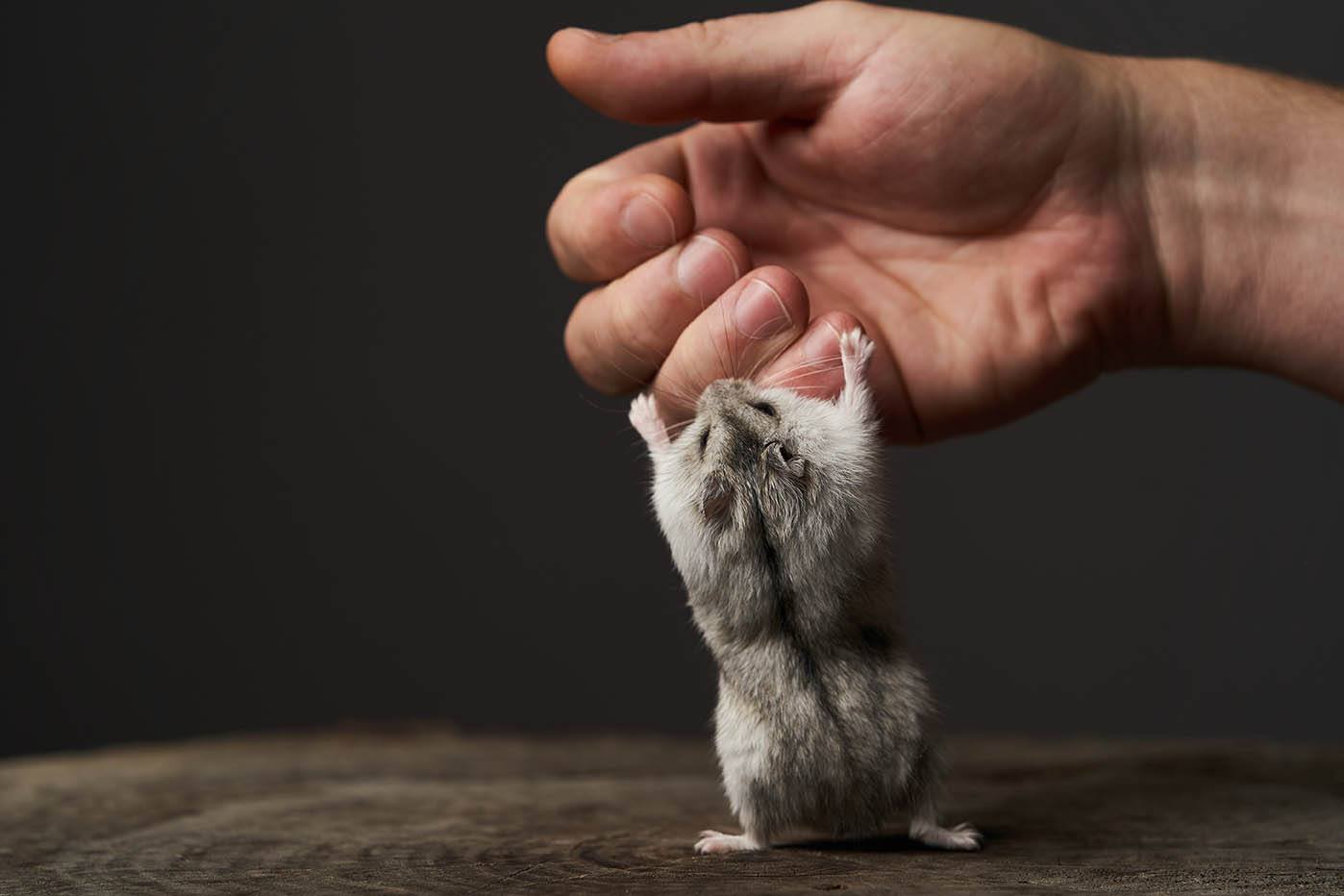
4. Your Hamster Is In Pain
If a hamster is injured, sick, or in pain, it may bite when handled. This reaction is a natural defense mechanism; the hamster isn’t being aggressive, but rather trying to protect itself from further discomfort. Sudden changes in behavior, such as unexpected biting of their owner or people they had previously been comfortable with, are red flags.
If you suspect your hamster may be in pain or sick, take them to the vet for evaluation.
Gentle handling, a knowledge of their normal behavior, and attentive observation are key to recognizing when a hamster may need medical attention. Don’t risk your pet’s health by waiting to see if it passes. Remember that they can’t tell you what’s wrong, so early detection and appropriate treatments can greatly improve final outcomes.
5. Your Hamster Is Telling You to Be More Gentle
To most animals, biting is a defense mechanism, and the same principle applies to hamsters. Whenever they feel threatened and scared, their natural reaction is to bite. This behavior stems from being a prey animal, as biting is how they protect themselves.
When you aggressively handle your hamster, they may feel as if they are being attacked, and their first instinct might be to chomp down.
Once you feel like your hamster has warmed up to your petting, slowly scoop them up and cup them in your hand, with a loose grip. If you notice that your hamster doesn’t like it, just let them go gently. After a few minutes, repeat the process and see if they feel more comfortable. Your hamster probably won’t bite once they recognize you as a gentle and caring friend. But this is something that, like any other trusting relationship, takes time to build up.
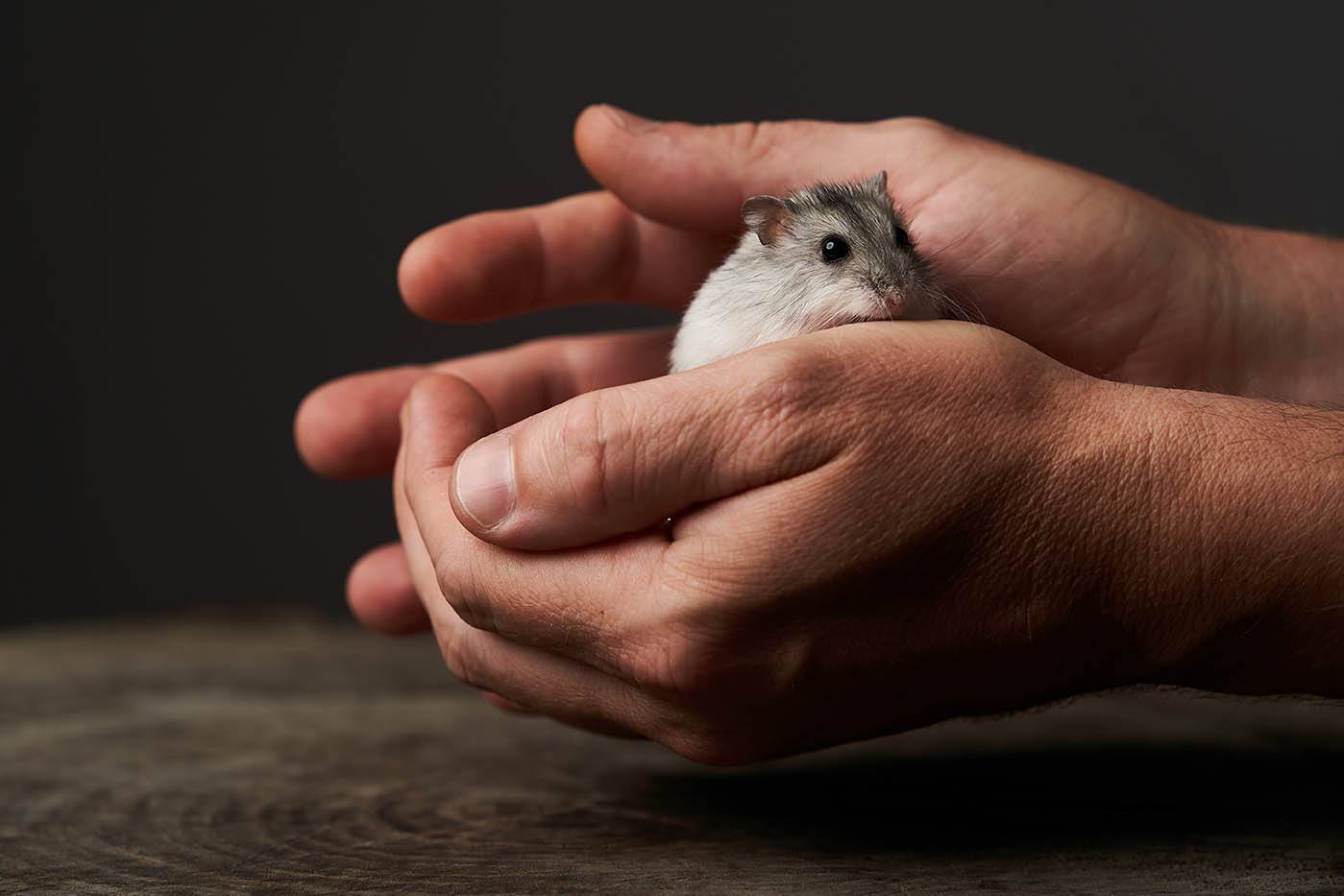

Final Thoughts
To prevent becoming a target of hamster aggression, you need to take appropriate precautions. Fortunately, this is a standard part of handling a small animal.
Being gentle and moving slowly is how you should handle your hamster. This will prevent most hamster bites, though they may accidentally nibble every now and then. But by following these simple preventative measures, you’ll be able to handle your hamster without fear of repercussions. If the behavior is odd or sudden, please consider getting your hamster checked by the vet.
Related Hamster Reads:
- Why Do Hamsters Sometimes Eat their Babies? Reasons for This Behavior
- Why Is My Hamster Losing Hair? Common Reasons
- Can Hamsters Eat Cheese? Safety & FAQ
Featured Image Credit: Satya Putra, Shutterstock
